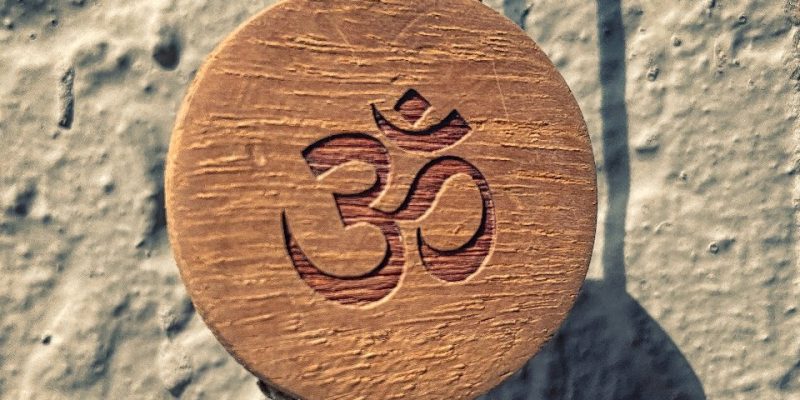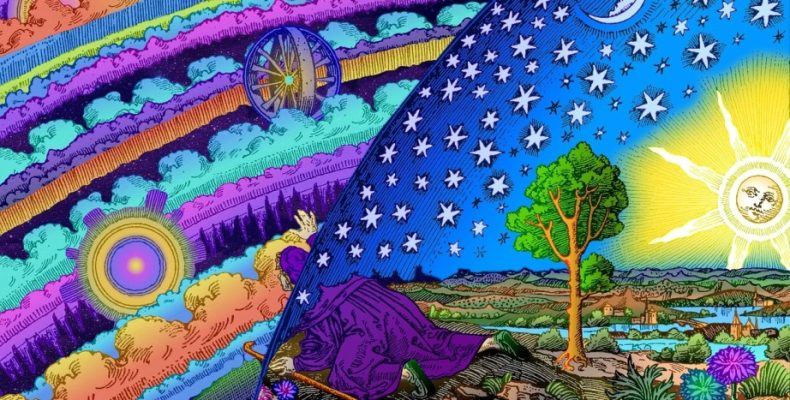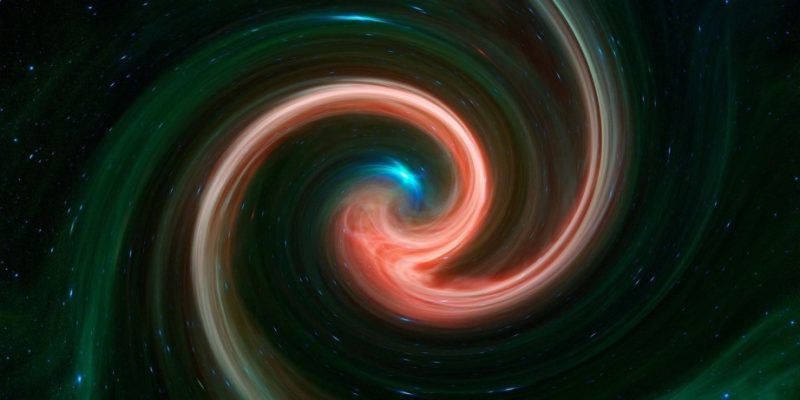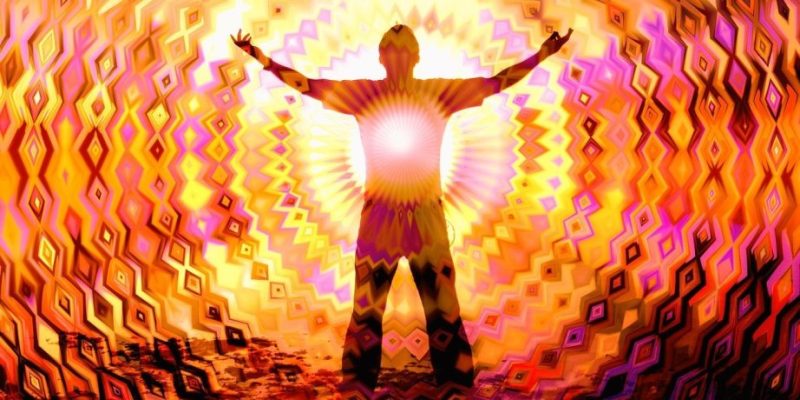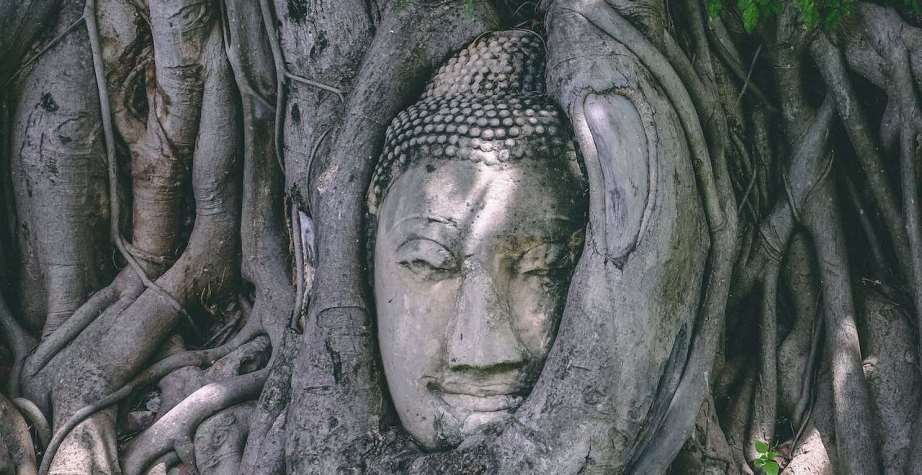
Ishvara — also written as Ishwara — can have a wide range of interpretations in Hinduism depending on the religious or philosophical lineage, which goes from Supreme Self, ruler, lord, Supreme Being, creator God, personal God, manifested God, among other denotations. Ishvara can also directly refer to Hindu deities, such as Vishnu or Hanuman.

In Advaita Vedanta, Ishvara is typically the manifested, phenomenological, and material form of Brahman (one could almost say Nature or the Universe as a whole), also called Saguna Brahman, which is opposed to Nirguna Brahman.
Saguna Brahman is thought as having qualities, attributes, and characteristics, and operates in duality, being the creator and material cause of the manifested world. As long as consciousness is manifest, Ishvara is manifest.
In Advaita, Saguna Brahman is ruler of the world, but not ruler in an absolute sense, which is Nirguna Brahman (i.e. Para Brahman), the eternal one without qualities, the non-dual Universal Principe, the Supreme Witness, Absolute Unqualified Awareness.
Nevertheless, one shouldn’t see Ishvara (Saguna Brahman) as different from Nirguna Brahman, but rather as immanence, a reflection of the Absolute in its manifested, conscious state.









